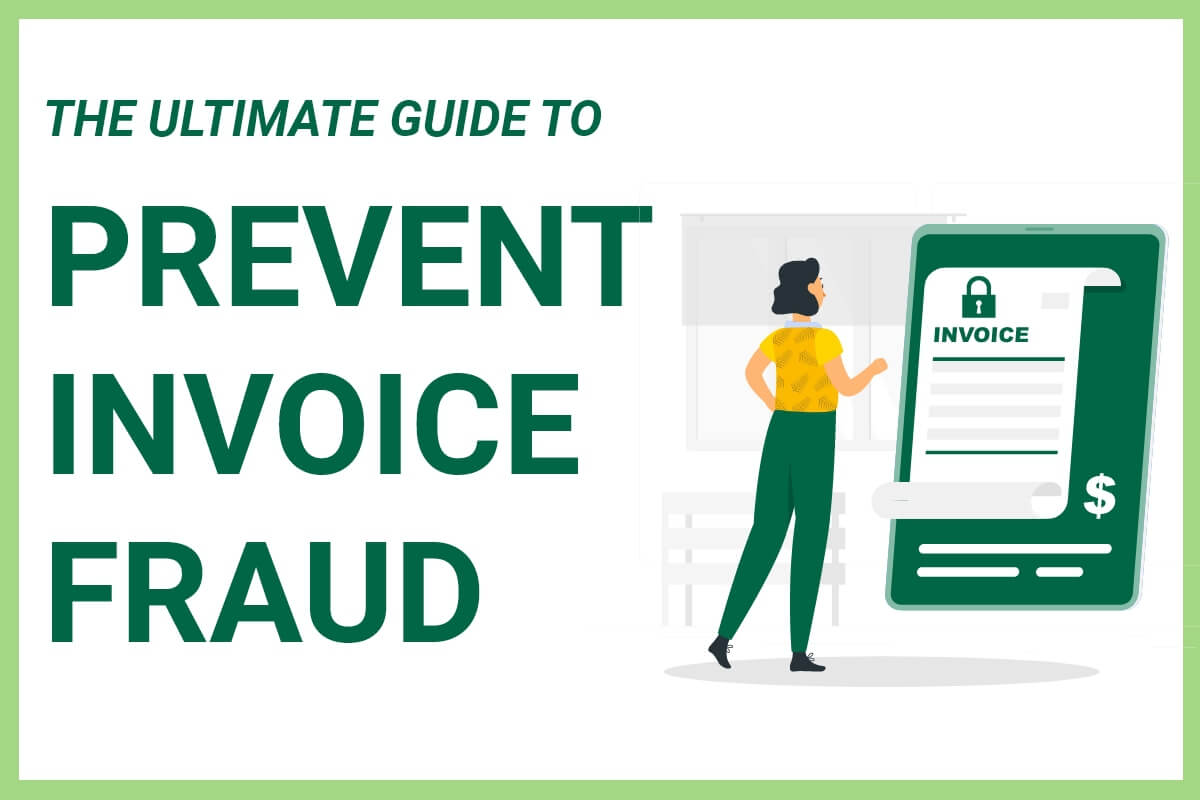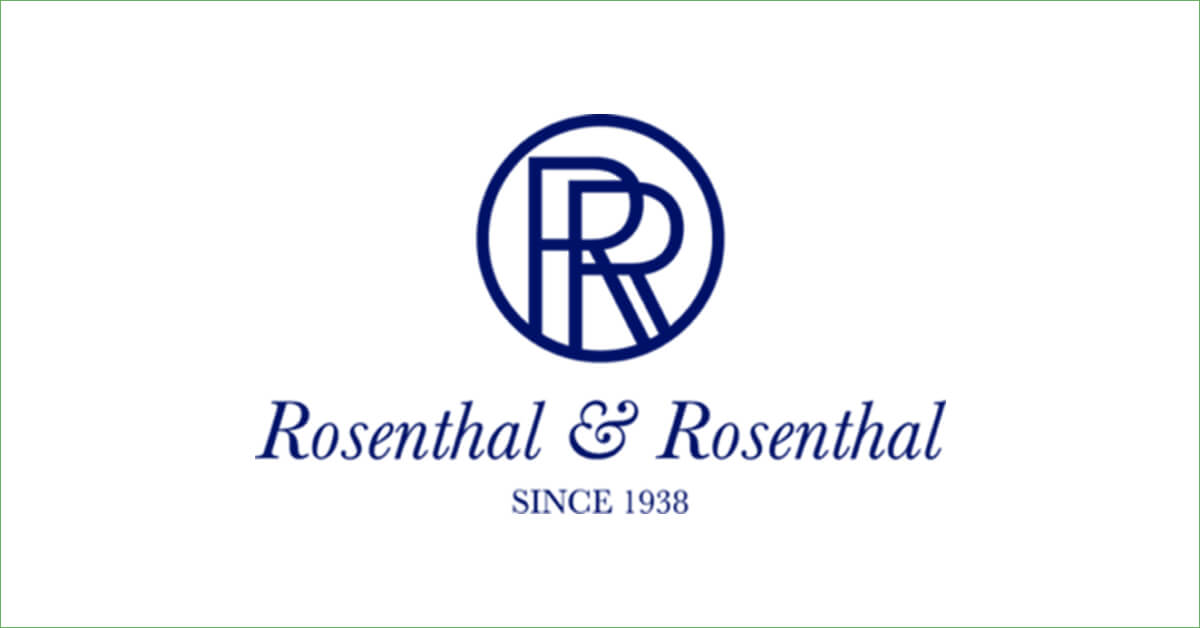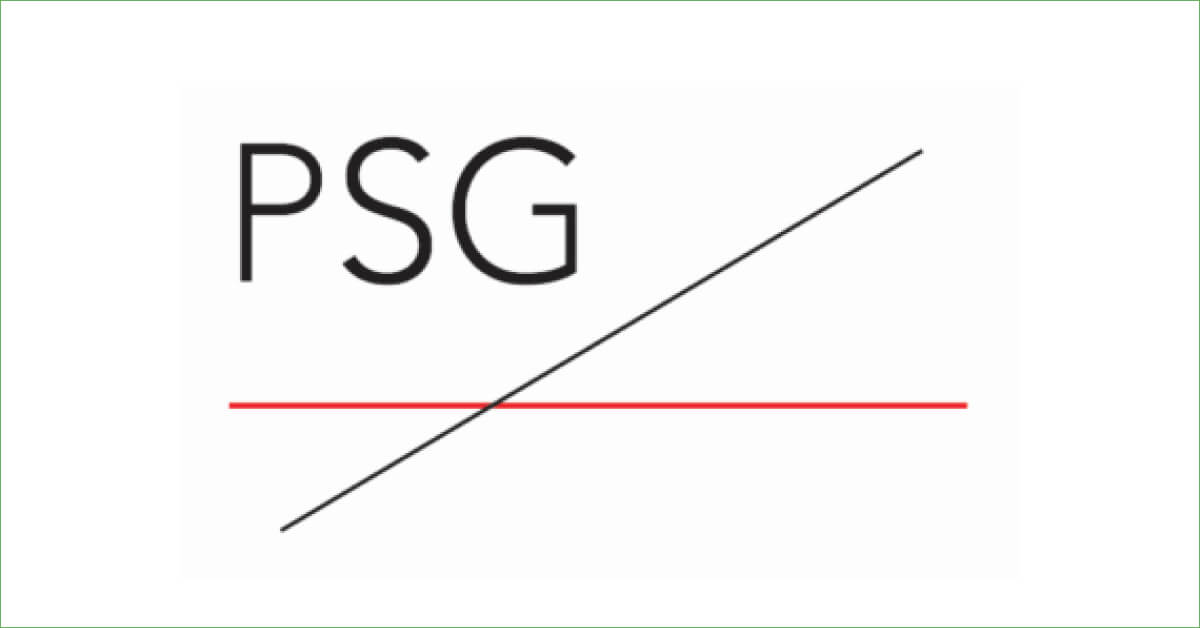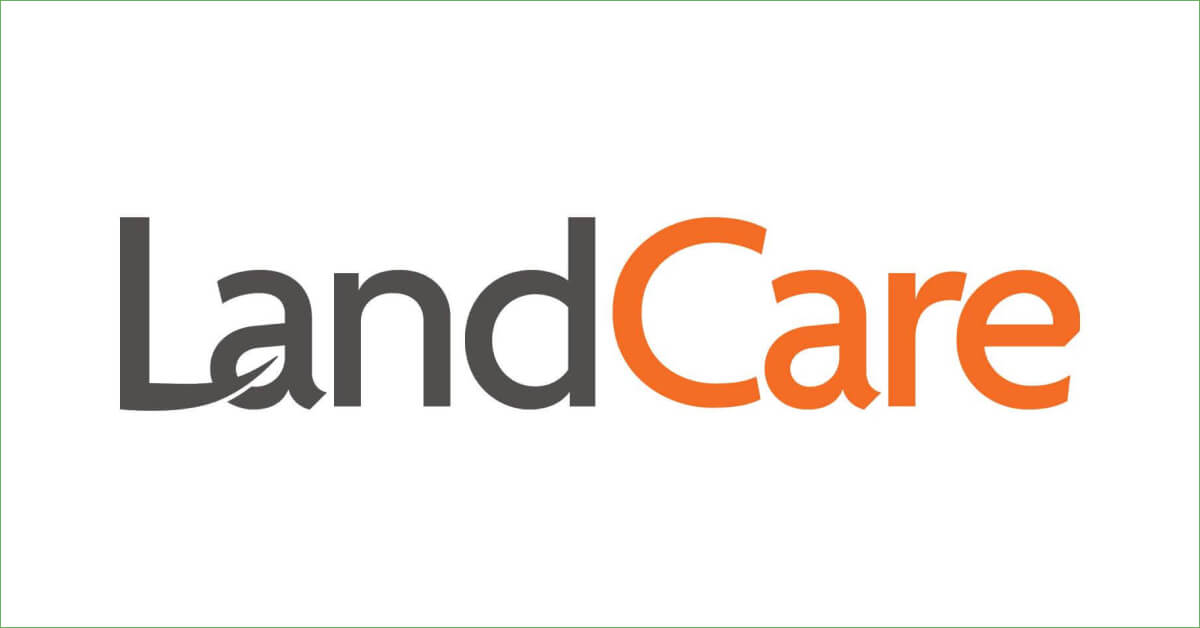Invoice fraud is one of the nightmares that controllers, CFO’s and other finance professionals continue to face year in, year out. A recent FBI report reveals Business Email Compromise (BEC) scams have caused losses of about USD 12.5 billion worldwide since 2013.
Notably, the recent supply chain disruption caused by the COVID-19 pandemic has led to a sharp rise in payment frauds, with surveys indicating 74 percent of organizations were targets of payment scams in 2020. The consequences of fraud on businesses are far-reaching and may range from massive financial losses to reputational damage.
This post focuses on everything you need to know about invoice fraud, including the tools and techniques to help you beat the vice.
How Does Invoice Fraud Happen
Payment fraud takes several forms and varies when it comes to scale and frequency. In most cases, the fraud involves a fraudster notifying a company that a supplier’s payment details have changed in some manner. They will then go ahead to provide alternative details to defraud the company. More sophisticated methods see criminals hacking into a company’s supplier’s email system, creating and sending fake invoices from a legitimate email address or accounts. Funds lost to fraud are often transferred at lightning speed, and recovering fraudulent accounts is quite hard.
Who Is Most at Risk for Invoice Fraud?
Research reveals small and medium-sized businesses are at more risk of being targeted for invoice fraud. However, corporate giants aren’t immune either. For example, Amazon recently lost $19 million in a well-executed invoice fraud operation. Specifically, the most at-risk businesses include law firms, IT companies, and HR companies.
What Are the Common Types of Invoice Fraud?
As mentioned earlier, invoice fraud can take several forms. Some of the common types of invoice include:
False and Duplicate Invoices
Fraudsters inside or outside of the organizations may sneak in fake or duplicate invoices under the radar. These fraudsters often submit invoices for meager amounts that enable them to fly under drag nets. The fraudulent invoices usually cover typical items such as subscriptions, directory listings, compliance services, and paper.
Shell Companies
Invoicing via a shell company is another typical form of fraud. Shell companies refer to the business entities that typically have no physical presence and no employees other than a mailing address. Internal fraudsters, mostly wayward employees, use the fabricated name and addresses to collect disbursements from false billings.
Phishing Schemes
External fraudsters believe companies always have a hard time spotting fake bills. Phishing schemes occur when fraudsters trick accounts payable personnel into transferring funds by acting as legitimate companies. Phishers often duplicate an authentic supplier email which they use to send fake invoices/bills to companies.
Cash Skimming
Cash skimming is an internal form of payment fraud that involves taking cash from a business before entering it into the accounting system. Skimming is quite difficult to detect because it doesn’t leave any audit trails that may reveal the source of theft.
Who Commits Invoice Fraud?
Internal employees and outsiders can commit fraud by knowingly submitting falsified, inflated, or duplicate invoices. In most cases, external fraudsters perform payment fraud in collusion with contracting personnel due to corruption.
Six Signs of a Fraudulent Invoice
In recent years fraudsters have leveraged innovative technology to up their game. You should also remain hawk-eyed and leverage modern fraud detection tools to increase your chances of spotting something fishy before it has the opportunity to cost you.
Some of the top red flags when it comes to invoice fraud include:
- Rounded dollar amounts
- Invoices that are just beneath the threshold when a higher level of approval is required
- Invoices where vendors use mail drop and not a physical address
- High invoice volume from a vendor
- Typos, grammatical, unprofessional-looking invoices
- Invoices that are vague and don’t offer much information about services/products rendered/purchased
Examples of Invoice Fraud
The following are a few real-life examples of email fraud:
- In 2020, real estate mogul Barbara Corcoran lost almost $400,000 after scammers tricked her bookkeeper by sending a bill that appeared to come from her assistant.
- In 2020 PayPal was also a target of savvy fraudsters who hacked the company’s email accounts ad send mysterious PayPal invoices for $35 to eBay users purportedly to boost COVID-19 relief kitty, WHO relief fund, or some other humanitarian course. The subject line of the email reads, ‘Invoice from Help those affected by COVID-19,’
- Sixty-four-year-old New Jersey resident Philip Charles de Gruchy defrauded his former employers, Toys “R” Us and Tumi Luggage, out of a combined $3 million by creating shell companies with his deceased ex-wife Barbara Brown. Their fake companies “CEM Direct Marketing” and “BI Insights” billed for “marketing consulting work” that was either never delivered or was plagiarized from other firms’ work.
The Tools and Techniques to Prevent Invoice Fraud
Once you gain crucial insights on the various types of invoice fraud and all the red flags, you need to take the following steps to prevent it from occurring:
Three-way Matching
Three-way matching refers to the process of matching the invoice, purchase order, and receiving report to validate the details of purchase before any payment is made. Three-way matching is arguably one of the most comprehensive ways to process a vendor invoice to minimize the risk of fraud. The method provides robust validation of different parts of the supply chain that enables easy detection of fraud.
Segregation of Duties
Allowing a single employee to handle all financial transactions, including submitting POs, invoice validation, and payments, ultimately increase the risk of fraudulent activities. Segregation of duties refers to a workplace principle that ensures a single individual is not given the authority to carry out two or more conflicting sets of responsibilities. For example, the employers who tender POs shouldn’t approve invoices, while those who select and onboard vendors should not be pay invoices.
Tracking Invoice Activity
You should also invest in modern tools that allow you to keep track of all invoices and payments. The best invoice tracker should be accessible from the cloud while providing a dashboard that displays the total expenses, paid and unpaid invoices, and profits. Invoice tracking systems ease invoice processes and allow you to quickly view analytics reports in real-time to gain insights on invoice volume, status, and any process bottlenecks.
Leverage Automation
You can also automate the three-way matching procedures to ensure your invoices are running automatically through the AP process without a need for manual intervention, thereby saving employee time, reducing errors and the risk of fraud. Automating your invoice processes enables you to easily flag invoices with conflicting or missing data. The software can also flag invoices with data similar to an invoice that has already passed through the matching process. This feature enables you or your staff to investigate the issue before the invoice is sent for approval.
Looking for the Best Invoice Automation Software? Centerviews Can Help
Whether you are an SME or a big corporation, supplier invoice fraud is a real threat with high stakes. Allowing a few fraudulent invoices to slip through the net could result in millions of dollars in losses. If you are looking for an exceptional and innovative solution to help you eliminate the tedious and repetitive invoicing process that exposes you to a higher risk of fraud, Centreviews has you covered.
Our bots are designed to help businesses gain efficiencies and improve profitability by automating accounts receivable (AR) and accounts payable (AP) processes with Robotic Process Automation (RPA). Contact us to see how Centreviews can help your company eliminate invoice fraud.



















